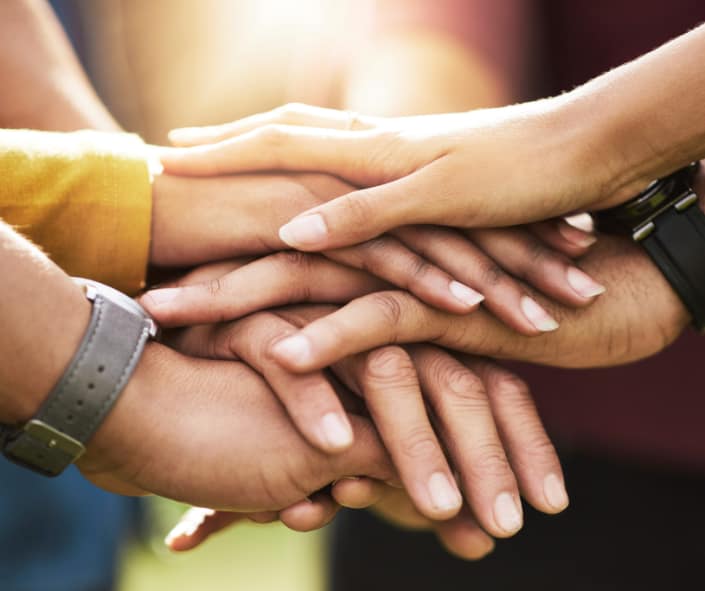Many Who Have Lived in Violent Homes Feel Alone and Unloved Even as Adults
With Valentine’s Day just a day away, many children of domestic violence are painfully reminded of how alone and unloved they felt growing up. Many still do to this day, believing one of the most pervasive lies that childhood domestic violence teaches – that they are unlovable and unworthy of love.
Today is Loving on Me Day, founded by Loving on Me. This special day, being launched today, is intended to celebrate what’s brilliant about you. It’s about raising awareness of the important and powerful principle that loving yourself is an essential milestone on the path to a fulfilling life and a successful future.
Rebuilding Self-Love After a Childhood Without It
This special day reminds all, but especially those who grew up in homes with domestic violence, that learning to love yourself is the first step to unlearning the LIE and living the truth. The Truth is that you are worthy of love and that, first and foremost, you’re deserving of your own love and respect. It is only by realizing and living this truth that you can then learn to give and receive love from others.
Sometimes, the simplest truths are hardest to recognize. But once they are recognized, once there’s awareness, our mind can’t help but find evidence to reinforce these truths. By learning to truly love yourself, you will soon begin to recognize the love coming from others that you may not have noticed before, and you will be more generous with returning this love when it’s well-deserved. The veil of self-doubt will begin to lift, and you will see many doors to a fulfilling, successful future that you may have thought were closed begin to open before you.
Why Self-Love Feels Difficult after Childhood Domestic Violence
If you grew up in a home where domestic violence was present, you may not have learned that you mattered. Love might have been inconsistent, conditional, or completely absent. You may have adapted by staying small, avoiding conflict, or trying to meet everyone else’s needs. In such an environment, safety often depended on suppressing one’s feelings and needs.
As an adult, self-love can feel foreign. You might confuse it with selfishness or feel guilty when trying to prioritize your care. Even the most basic kindness toward yourself may seem uncomfortable or out of reach. When no one affirmed your worth during childhood, it is difficult to believe that you have value simply for being who you are.
That reaction is not a personal flaw. It is a natural result of early experiences. If you were never shown how to respect or care for yourself, you could not be expected to develop that ability on your own. But it is still something you can learn.
Self-love does not require perfection or confidence. It often starts with small decisions. You can begin by noticing your self-talk, setting a boundary, or allowing yourself rest. These choices may not feel natural at first, but with time, they can become part of how you relate to yourself.
What feels unfamiliar now is often just something you were never taught. That can change.
Ways to Practice Self-Respect in Daily Life
Self-respect often starts with quiet, consistent choices. Setting small boundaries with others. Saying no without explaining yourself. Taking care of your body with rest, food, and movement, not as punishment, but as maintenance. Letting yourself make mistakes without spiraling into shame. Speaking to yourself with the same tone you’d use for someone you care about. These are daily, doable acts that reinforce a simple truth: you matter, even when it’s hard to believe.
Why Self-Compassion Is Not Selfish
Many who grew up with instability or conflict learned to prioritize others, often at their own expense. Showing kindness to yourself might feel wrong, indulgent, or selfish. But self-compassion isn’t about ignoring others; it’s about not abandoning yourself. It allows you to recover from mistakes instead of punishing yourself. It makes it easier to treat others well without burning out. And it builds the foundation for making decisions that are grounded, not reactive. Taking care of yourself doesn’t mean you don’t care about others; it means you’re finally including yourself in the equation.
If you’re not sure whether or not you grew up with domestic violence, feel free to use our free and private CDV screening questionnaire.

